Contact
ISKCON NVCC, BhaktivedantaRajavidyalaya, Pune-411048
+91 9175275574, +91 9130542150
hod.bvrvpune@gmail.com
Class Room
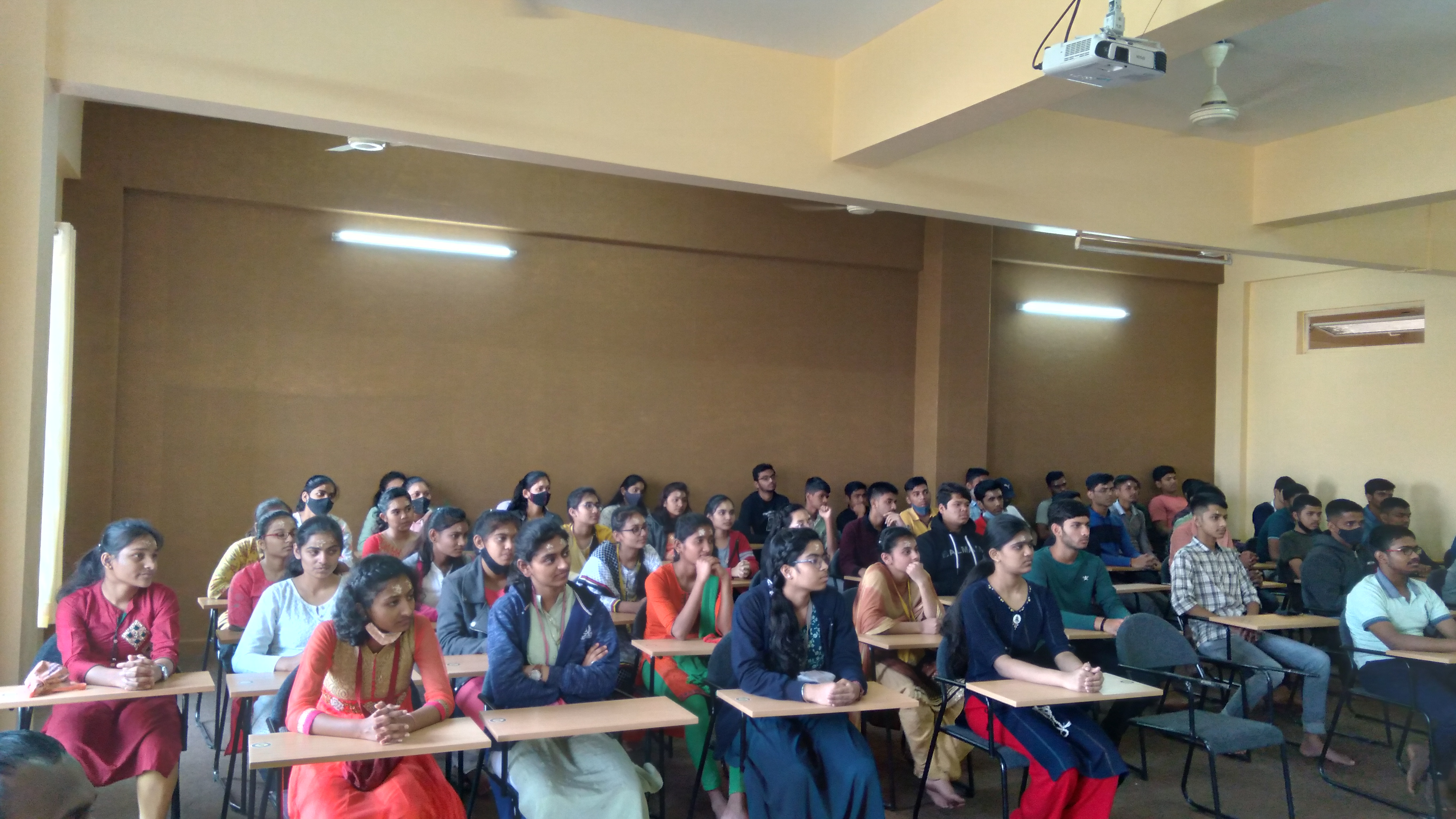
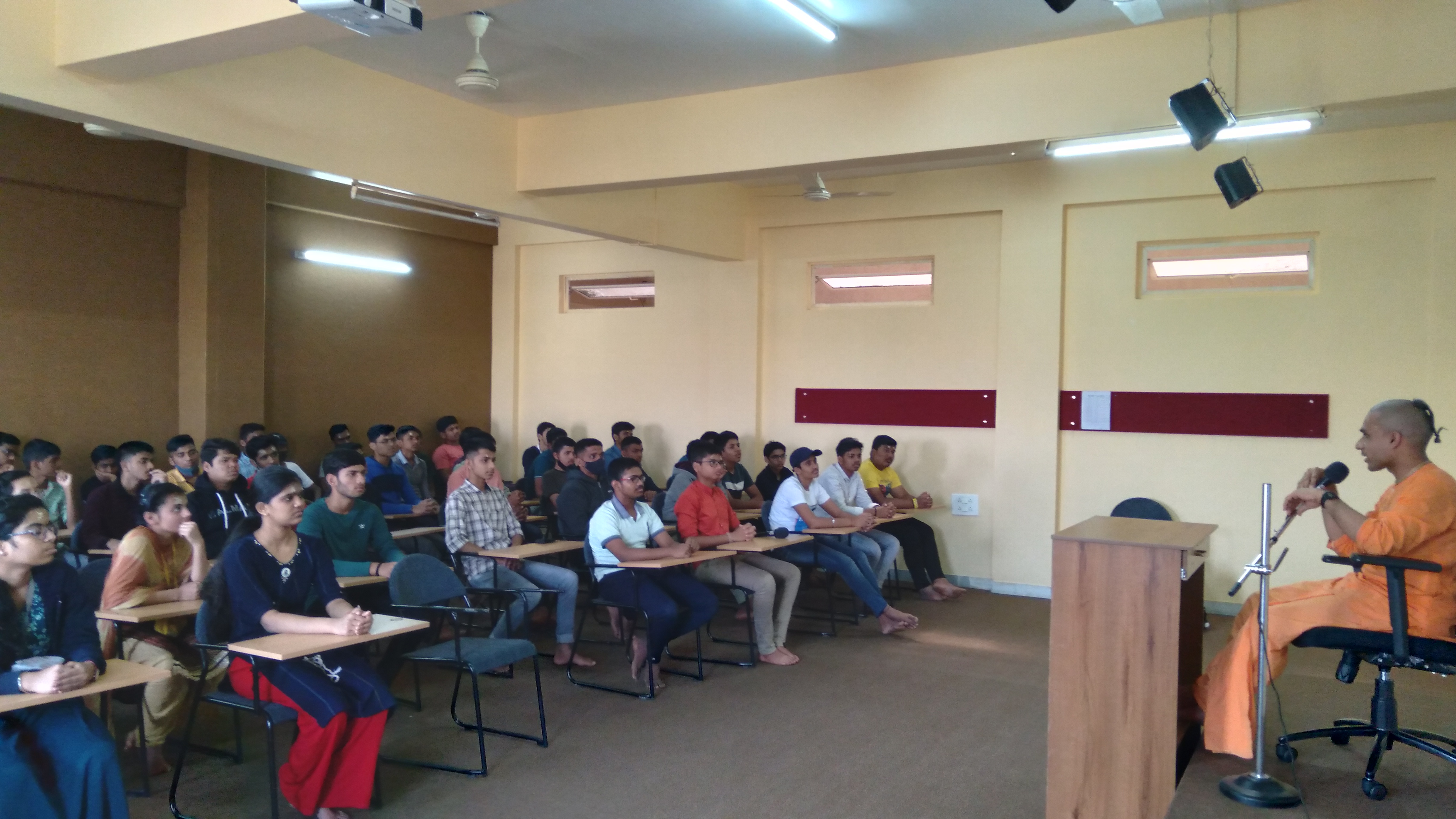
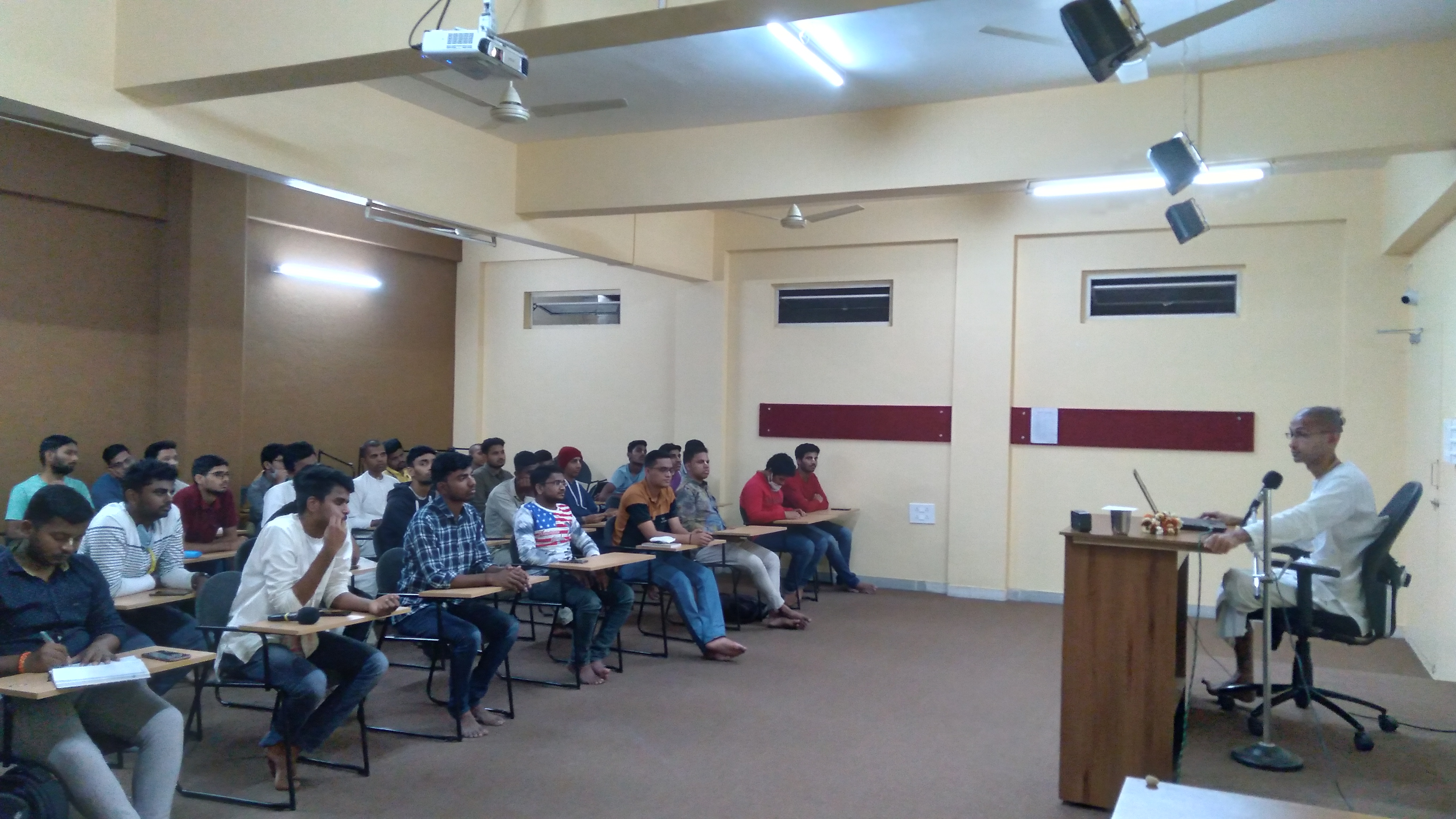
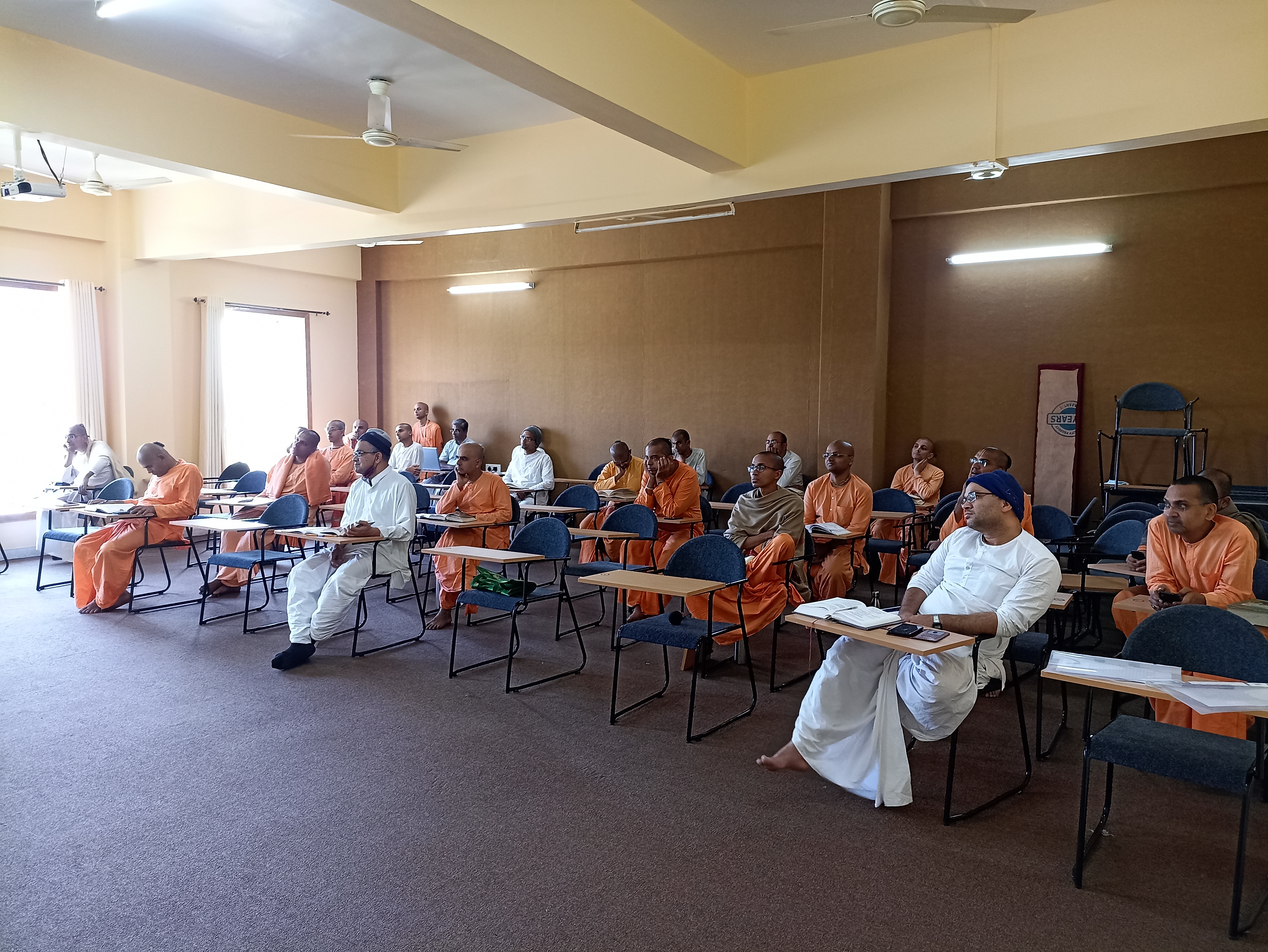
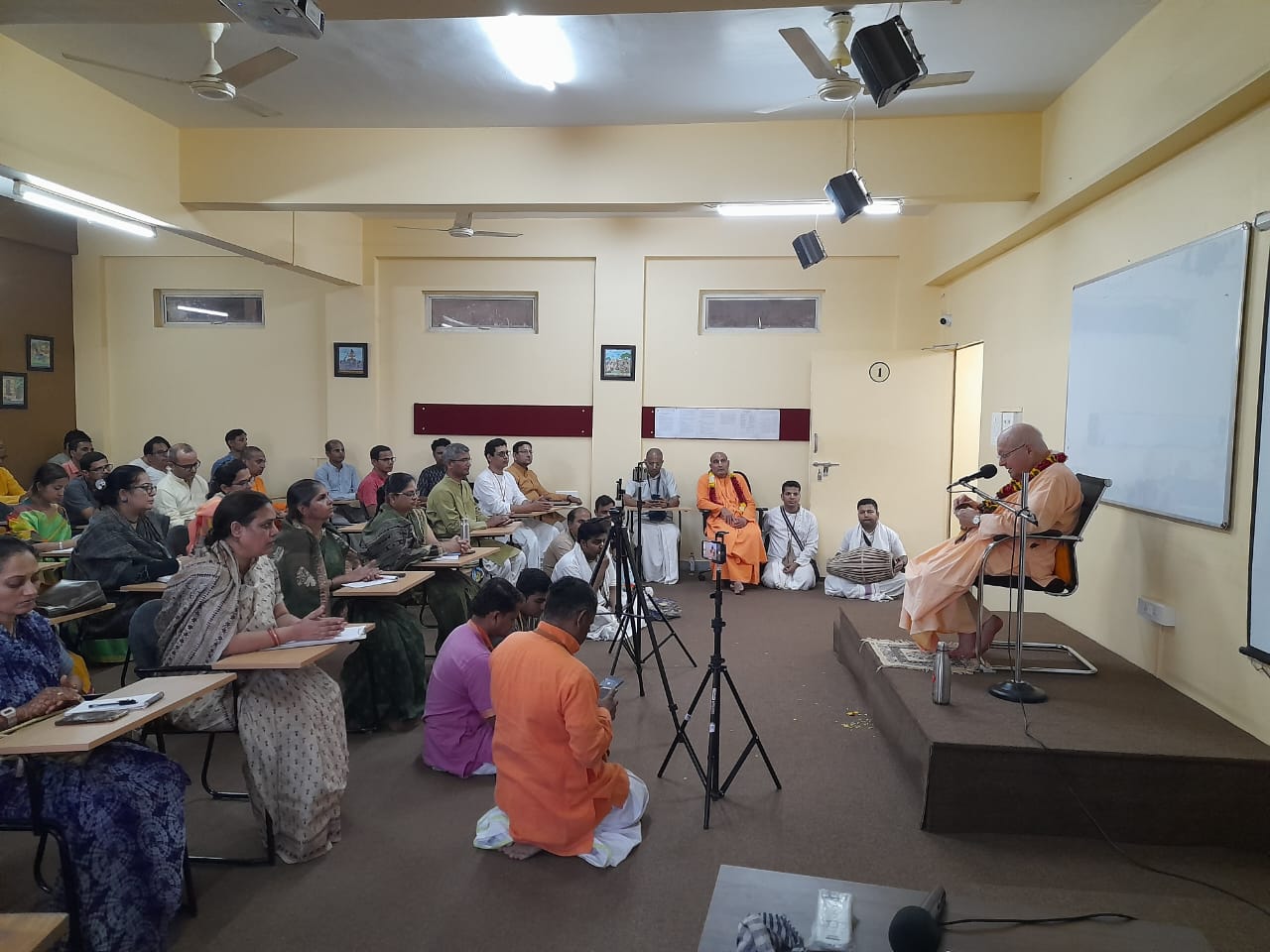

NORMS OF CLASSROOM BEHAVIOR
1. We will be present for the entire course.
2. We will raise hands to contribute.
3. We will wear devotional dress in class.
4. We will value student contributions whether or not we agree with them.
5. We will refrain from side conversations.
6. We will refrain from making & receiving mobile phone calls during class.
7. We will observe confidentiality.
8. We will refrain from borrowing strength from status or position.
9. We respect the right of the individual to withdraw, without stating reasons, from any exercise which makes them feel unduly uncomfortable.
10. We will each accept full responsibility for success in achieving our desired outcomes.
11. We will confront issues or behavior, not people.
12. We will each honor any agreement reached.
COURSE STRUCTURE & ASSESSMENTS
UNIT ASSESSMENT
After every unit, there will be,
1) Closed book assessment
2) Open book assessment
3) Shloka memorization test
4) Presentations(for Bhakti Vaibhava Course only)
1) Closed book assessment (CBA):
· This will be written test of usually 50 marks with 1hr 30min duration.
· A minimum of 80% of the questions will be from the question banks in the students’ handbook, in exactly the same format, style and wording. A maximum of 20% of the questions can be from outside the question banks in the students’ handbook, but will be based ONLY on Srila Prabhupada’s purports.
· Test questions will be of the following type :
For Bhakti Shastri Course - Short answer questions, term definitions, analogies.
For Bhakti Vaibhava Course - Short answer questions & Long answer questions
2) Open book assessment (OBA):
· Only two questions are required to be answered for every unit. Questions for all units will be shared with the students at the beginning of the course.
·
Answers should
be approximately 800-900 words max for every question.
3) Shloka memorization test
This will be an oral test conducted by the teacher at specified date. There are total 45 shlokas to be memorized in the whole course & teacher has to evaluate the students for all the shlokas. After every unit, shloka test could be held for the covered syllabus.
4) Individual SB Class and Presentation (for Bhakti Vaibhava Course only)
Students will give two lectures on selected verses from Çrémad-Bhägavatam and also make two presentations during the Course on a given topic.
COURSE ASSESSMENT
A pass in each unit is required for an overall course pass.
For the case of fail in,
· Open-book assessments: student can resubmit the answers for the necessary questions.
· Closed-book assessments: student will have to be reappear for the full test.
· Shloka memorization: student can reappear for the test for necessary shlokas.
The overall grade for each unit will be the aggregate of the following components(for Bhakti Shastri Course)
|
Sl.No. |
Assessment type |
Weightage in Unit grade |
Passing marks |
|
1 |
Open-book assessment |
65% |
60% |
|
2 |
Closed-book assessment |
20% |
65% |
|
3 |
Shloka memorization test |
10% |
65% |
|
4 |
Attendance |
5% |
75% |
|
5 |
Class participation(Punctuality, attendance, attitude) |
Moderation Considered in marginal cases |
|
Overall course grade will be calculated as average of all units. Students will receive an ISKCON Examinations Board Bhakti-çästré Certificate upon the successful completion of the course.
More details on “COURSE STRUCTURE & ASSESSMENTS” will be discussed during the Course Orientation Program.
PLAGIARISM IN ISKCON BOARD OF EXAMINATION (BOEX) APPROVED TITLE COURSES
ISKCON Board of Examinations
Policy on Cheating and Penalties
Version 1 -- Effective August 2010
|
Type of Cheating |
CategoryofOffense |
Penalty for First Offense |
|
Open Book
Assessment |
One |
· Rewrite specific papers · 20 percentage points marks reduction on open book grade for unit. · Submission of an additional essay based on the bhakti sastras on the topic of integrity and honesty as a quality of a vaisnava. |
|
Open Book
Assessment |
One |
· Rewrite specific papers · 25 percentage points marks reduction on open book grade for unit. · Submission of an additional essay based on the bhakti sastras on the topic of integrity and honesty as a quality of a vaisnava. |
|
Closed Book
Assessment |
One |
· Sit for another closed book test · 20 percentage points marks reduction on closed book grade for unit. · Submission of an additional essay based on the bhakti sastras on the topic of integrity and honesty as a quality of a vaisnava. |
|
Closed Book
Assessment |
Two |
· Expelled from course · Record of cheating to be made available to all approved examination centers. |
|
Closed Book
Assessment |
Two |
· Expelled from course · Record of cheating to be made available to all approved examination centers. ·
Five year
ban on participating in Board of |
|
Category of Second offense |
Penalty for Second Offense in Same Course or Subsequent Board of Examinations Course |
|
One |
· Expelled from course ·
Record of
cheating to be made available to all approved |
|
Two |
· Expelled from course ·
Banned
from participating in Board of Examinations-approved |
You can find out more about the specifics of the specific course assessment under the specific course title or course handbook given during the orientation, but in summary, you will be assessed on the basis of your devotional knowledge, understanding, skills, and values. The assessment will be a very important and positive aspect of your devotional learning experience from which you will achieve deep happiness.